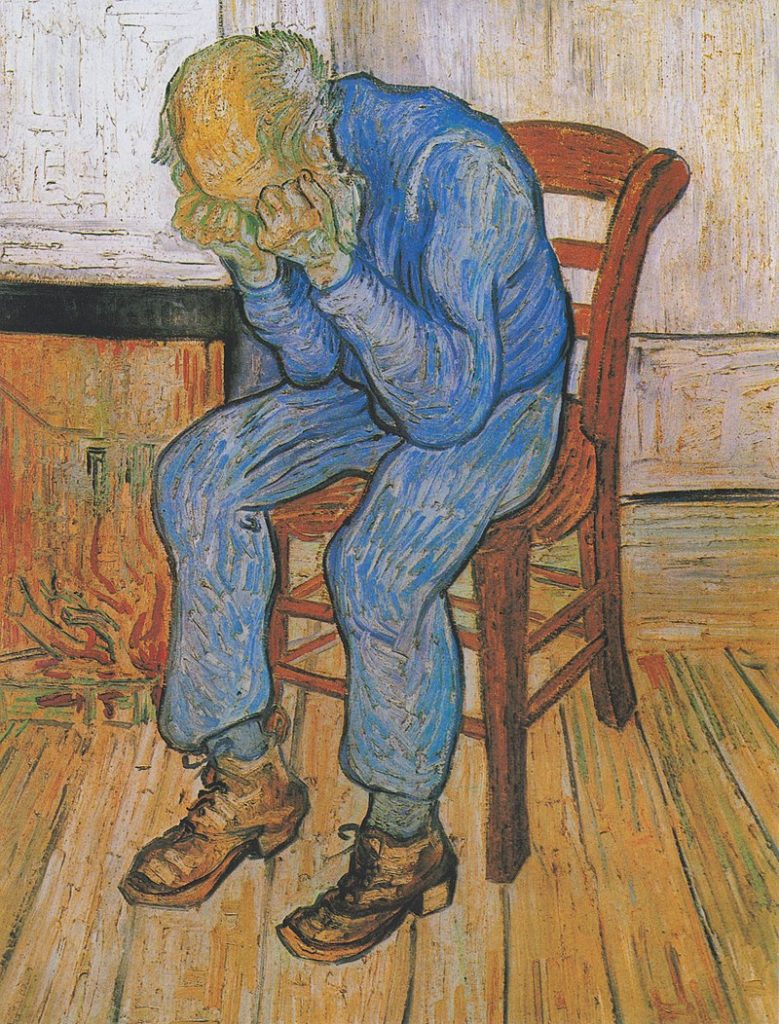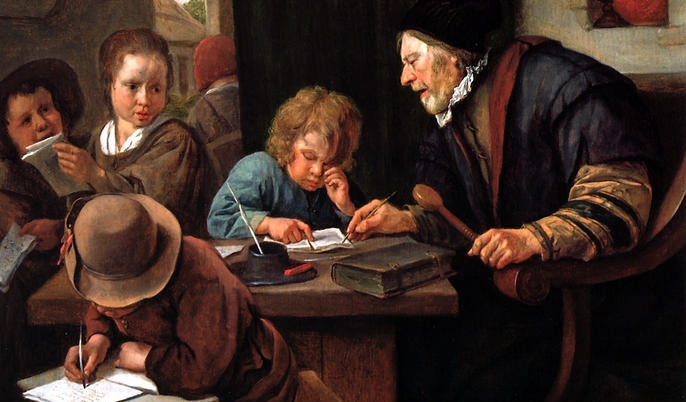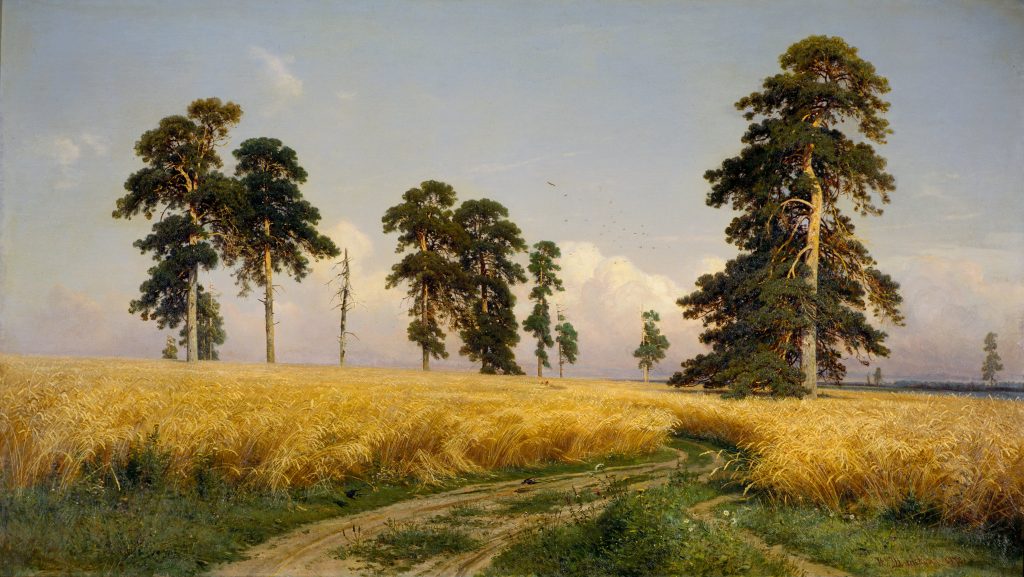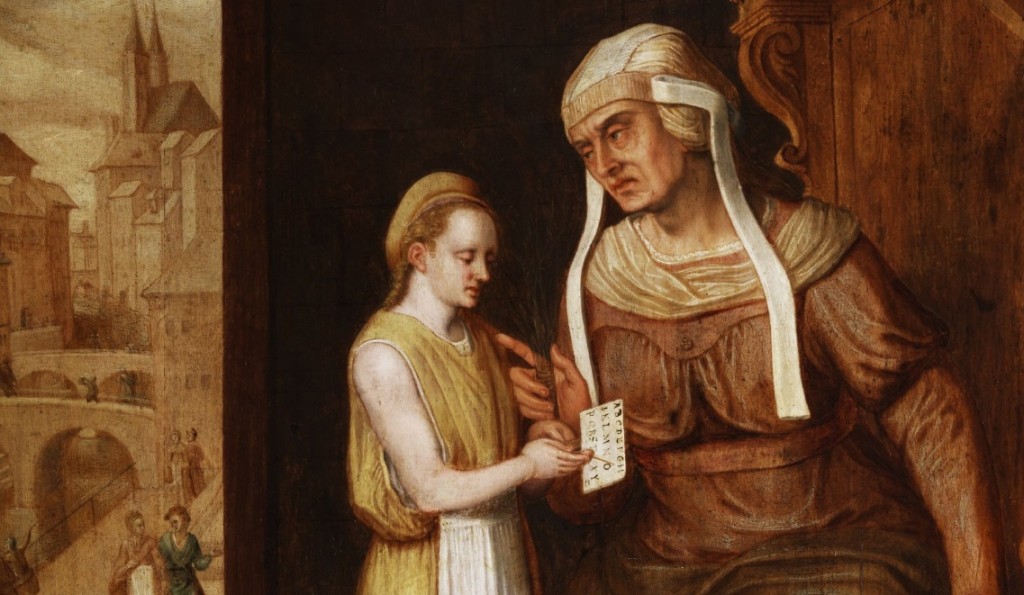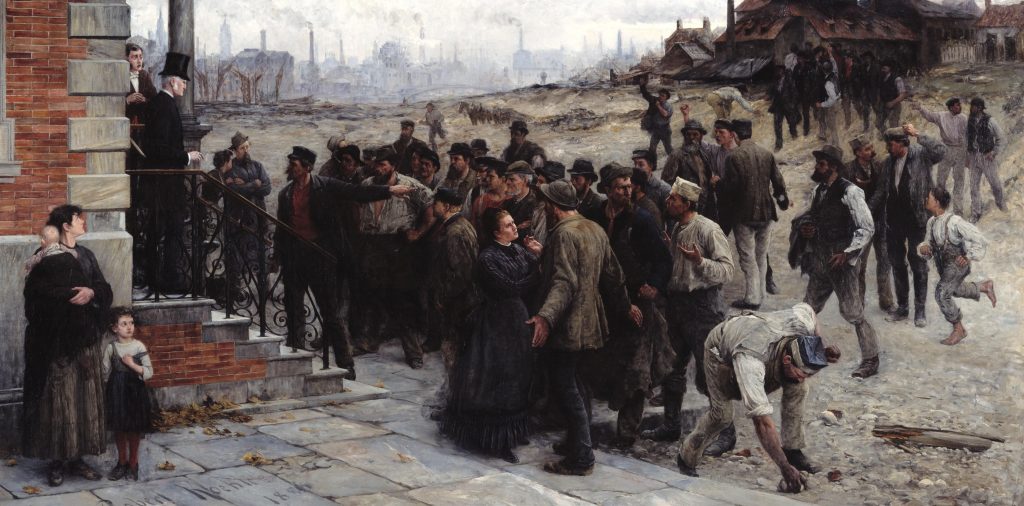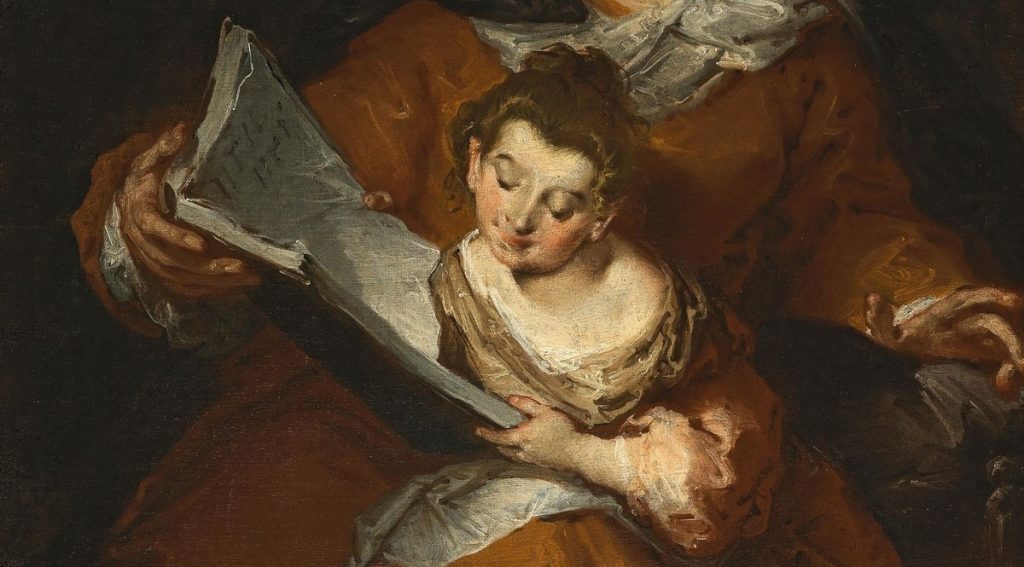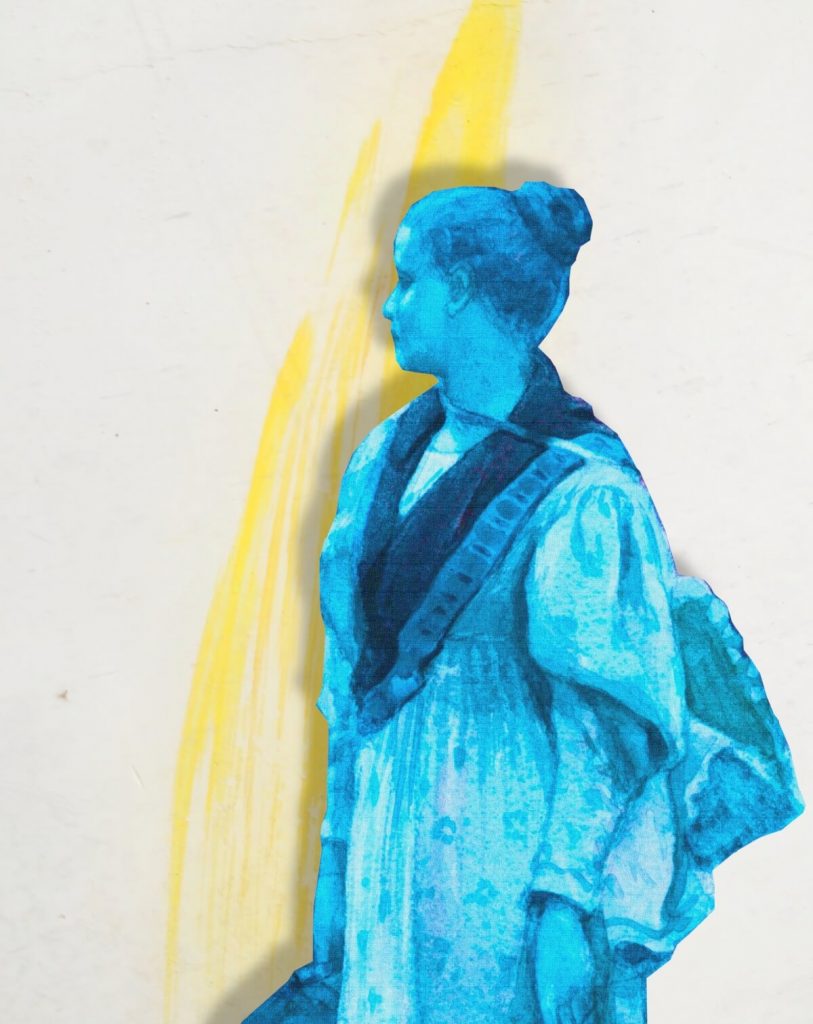
REVIEW #19: Impact of the War in Ukraine on the Hungarian Government: How Viktor Orbán Capitalized on the Invasion
While other European states redoubled in a tour de force of liberal values, the Hungarian government sunk even deeper into illiberalism and Prime Minister Viktor Orbán further consolidated his power, despite a dismal economic performance and international ostracism.



